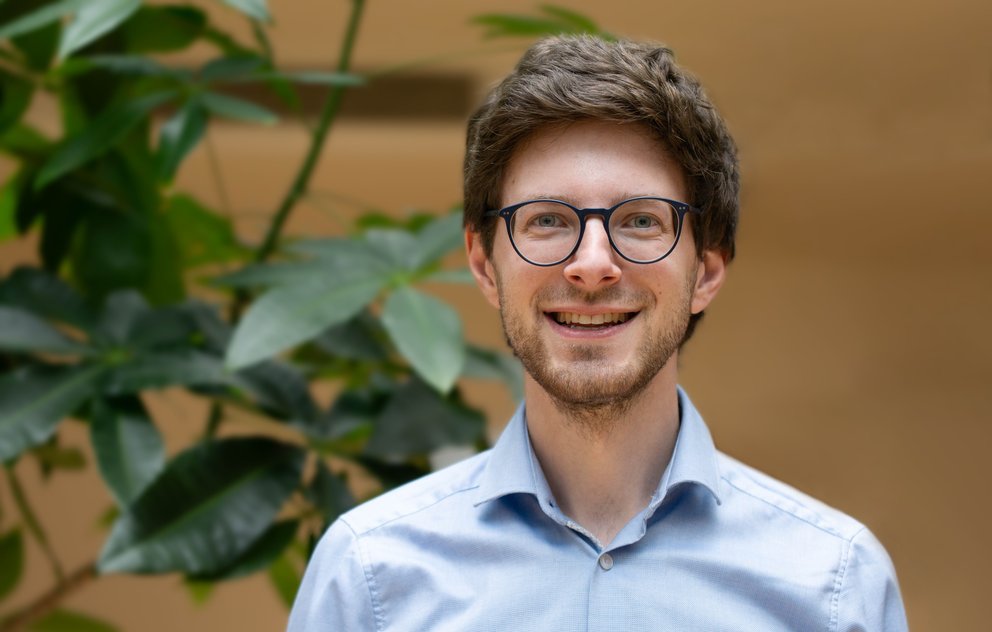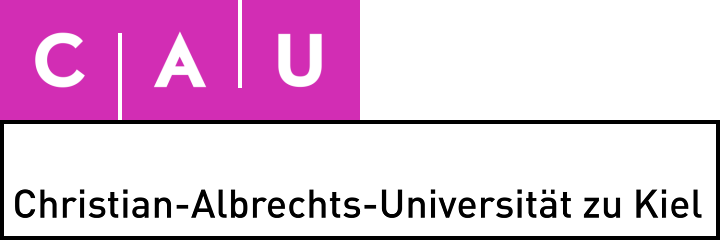Magnetorelaxometry Imaging of Magnetic Nanoparticles with Optically Pumped Magnetometers
Details
| Presenter: | Aaron Jaufenthaler |
| Title: | Magnetorelaxometry Imaging of Magnetic Nanoparticles with Optically Pumped Magnetometers |
| Affiliation: | University of Innsbruck, Department of Mechatronics / Biomedical Engineering, Innsbruck, Austria |
| Date: | 11.12.2025 |
| Time: | 17:00 h |
| Place: | Building C (ZEVS), third floor, room "Kolloquium", and online via Zoom |
Contents of the Talk

Magnetic nanoparticles (MNP) offer promising biomedical applications like magnetic hyperthermia and magnetic drug targeting. In magnetic hyperthermia, MNP are injected into a tumor and are heated by applying an RF magnetic field (e.g., f = 100 kHz, H = 20 kA/m), leading to tumor regression. The knowledge of the quantitative spatial MNP distribution in the tumor tissue and its surroundings is a key element for safe and effective treatments. Magnetorelaxometry (MRX) imaging (MRXI) is a promising method to obtain this information, while other well-known techniques like magnetic resonance imaging (MRI) fail due to the high iron amount (several tens of mg) injected into the tumor. In MRXI, the MNP's magnetic response to pulsed magnetic fields is measured using highly sensitive magnetometers, and then the MNP distribution is reconstructed by solving an ill-posed inverse problem.
We successfully demonstrated MRX and MRXI in shielded and unshielded environments using optically pumped magnetometers (OPM) and have further shown the upscaling of MRXI to human size (torso and head). In this talk we will share our experiences with different sensors for MRX(I), ranging from commercial OPM sensors from QuSpin and Twinleaf, over research-grade OPM, superconducting sensors, and magnetoresistive sensors. We will present our recent advancements in MRXI and discuss the current challenges for the translation of MRXI to the clinics.
Short CV
Aaron Jaufenthaler was born in 1992 in South Tyrol, Italy. He received his bachelor's and master's degree in mechatronics from UMIT Tirol and University of Innsbruck, Austria. He also completed training as a high school teacher of physics and mathematics at the University of Innsbruck. In 2022, he earned his doctorate in technical sciences from UMIT Tirol and is currently a postdoc at the University of Innsbruck. He is passionate about electronics and data analysis, focusing on bionanomagnetism and biomedical imaging. His research interests include magnetic sensing, especially using optically pumped magnetometers, and magnetic hyperthermia.




